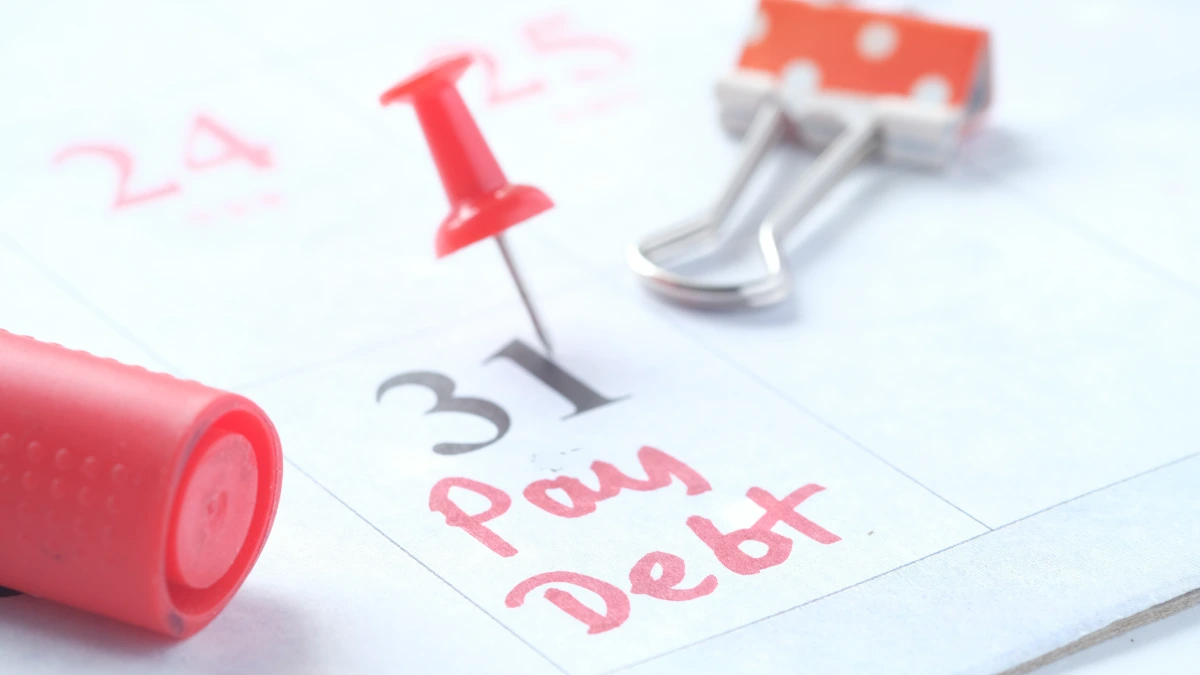Retirement should be a time to relax, travel, and focus on what truly matters without worrying about monthly bills. But if you’re heading into retirement with lingering debt, those golden years can feel a little less golden.
Before you hang up your work shoes, it’s smart to review what debts you still owe and decide which ones to pay off first. Here’s how to prioritize your debt before retirement and set yourself up for lasting financial peace of mind.
Why Paying Off Debt Before Retirement Matters
Becoming debt-free before retirement isn’t just a financial goal, it’s a lifestyle upgrade. Once you stop earning a steady paycheck, your monthly budget may tighten, and high-interest debt can quickly become a burden. Paying off debt now can help you:
- Reduce financial stress: Fewer monthly payments mean more breathing room on a fixed income.
- Protect your retirement savings: Avoid dipping into your nest egg to cover debts, which helps your savings last longer.
- Gain flexibility: Being debt-free opens the door to more travel, hobbies, or family time without financial strain.
What Debts to Pay Off Before Retirement
Not all debt is created equal. Some balances are much more urgent to eliminate before retiring. Here’s what to focus on first:
1. High-Interest Credit Card Debt
Credit cards often carry rates above 15% or even 20%. Carrying this debt into retirement can quickly drain your savings. Paying it off before you retire can free up your monthly budget and save you thousands in interest over time.
2. Personal Loans
Even with fixed rates, personal loans can weigh heavily on a limited retirement income. Paying these off early simplifies your finances and reduces your monthly obligations.
3. Auto Loans
Auto loans may have lower interest rates, but they’re still another recurring bill. If your car is in good shape and you plan to keep it, paying it off before retirement can free up funds for other priorities.
4. Home Mortgage
This one depends on your situation. If you have a high monthly mortgage and a fixed income, paying off your home can provide peace of mind and extra cash flow.
However, if your interest rate is low, keeping your mortgage while investing extra funds elsewhere could make sense. Many retirees find comfort in owning their home outright, while others prefer maintaining liquidity. The best choice depends on your broader retirement plan.
5. Other High-Priority Debts
Pay off any remaining loans with steep penalties or high rates like payday loans, outstanding medical bills, or private loans. These debts can quickly erode your retirement savings if not managed early.














